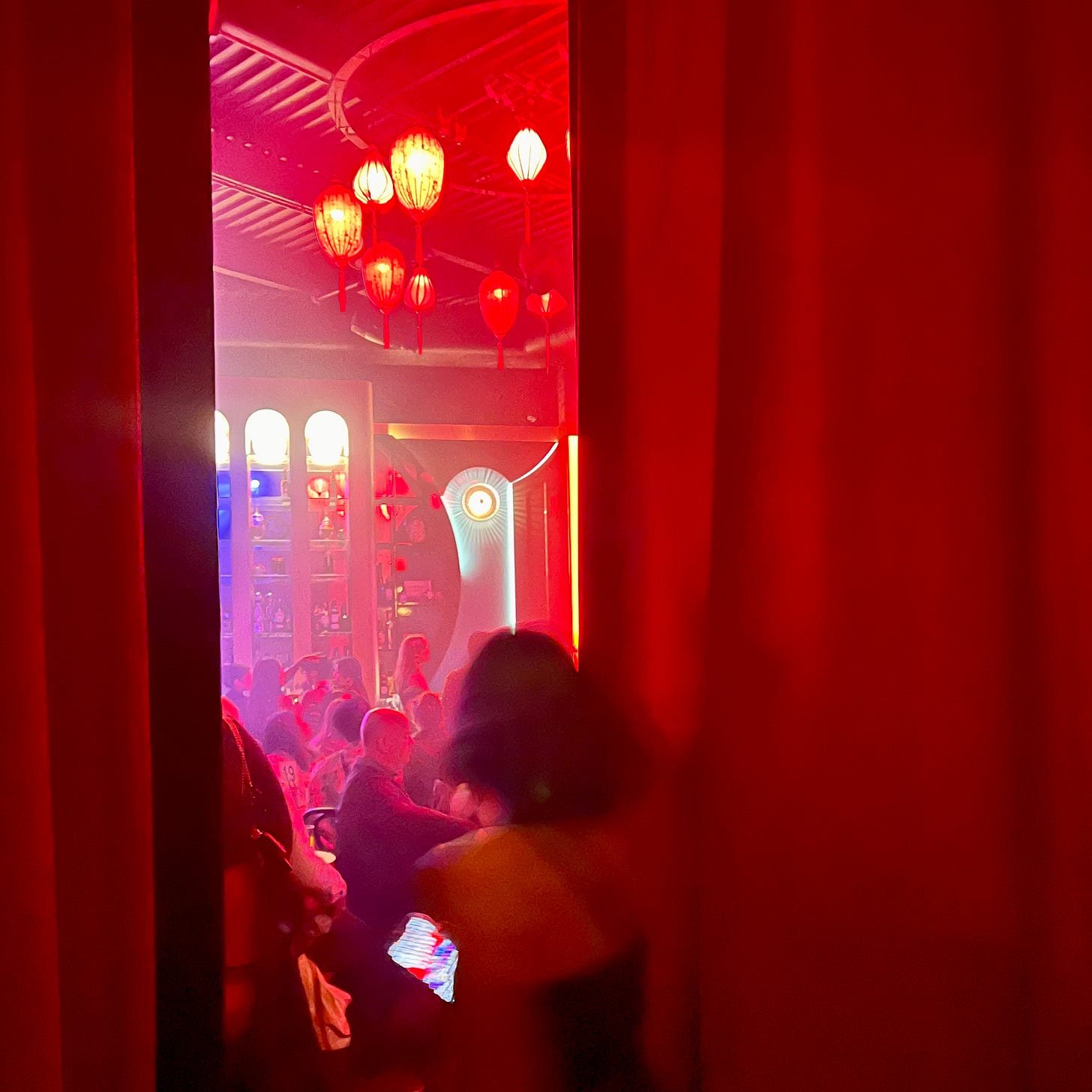
I solicited potential new names for Ask Cece last month, and y’all definitely delivered! Major thanks to Jimmy for inspiring the new name of my advice column: Of Counsel, in which I dole out advice of all varieties—except for legal. (If you want legal advice for your creative business, you can contact me through Studio Legal LLP, my law firm. If you want tips for surviving biglaw or another intense corporate environment, check out my latest YouTube video. And if you want legal advice for other events in your life, try searching for [your city/county/state] legal aid or [your city/county/state] bar association legal services and checking out the comments on this video.)
Before we get to the actual question for today—about if I’m happier/more fulfilled post-biglaw—I need to share two articles I’ve devoted a…




